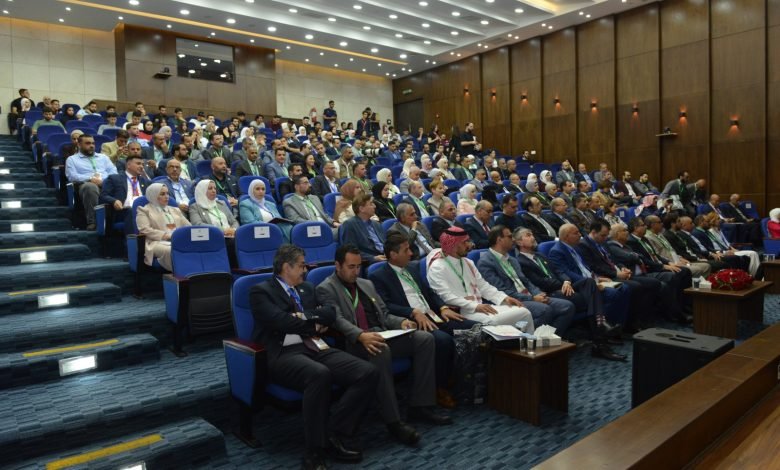
Jordan Daily – The University of Petra has launched its first International Conference on Computational Intelligence Approaches and Applications (ICCIAA 2025), hosting researchers from 43 countries who submitted more than 500 scientific papers on topics including artificial intelligence, machine learning, big data analytics, intelligent systems, and emerging technologies.
The opening ceremony was attended by Professor Adnan Badran, Senior Advisor to Petra University and Chair of the Board of Trustees, along with a number of academic and research figures.
Petra University President Professor Rami Abdel Rahem said the conference highlights the university’s growing scientific reputation. “The university is committed to keeping pace with digital transformations by investing in scientific research and supporting academic innovation,” Abdel Rahem said, adding that a comprehensive plan is underway to integrate AI applications into the educational and research processes.
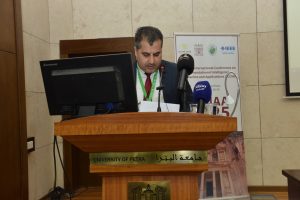
Abdel Rahem expressed pride in hosting a distinguished group of international scientists and experts, emphasizing that Petra University is “developing an interactive learning environment that anticipates the future of AI and contributes to both the local and global communities.”
Musa Al-Akhras, Chair of the IEEE Jordan Section, called the conference “an important scientific platform to exchange expertise and discuss innovations related to AI applications across vital sectors.” He stressed the importance of academic institutions fostering research environments that support digital transformation and meet sustainable development needs.
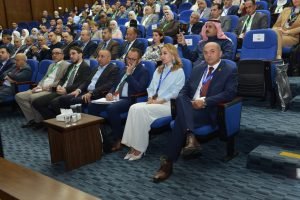
The keynote speech was delivered by Professor George Ghinea, an expert in multisensory computing at Brunel University London, during a session chaired by Dr. Ali Al-Maqousi. Ghinea spoke on “Harnessing AI in Multisensory Communication Networks: Challenges and Opportunities,” explaining that AI is now capable of creating comprehensive digital experiences that extend beyond sight and hearing to touch, smell, and taste.
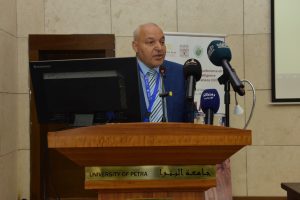
Ghinea noted that integrating AI with 5G technologies could revolutionize healthcare, education, and media sectors. However, he stressed that such breakthroughs require “advanced infrastructure and perceptual models that ensure high-quality user experiences,” and emphasized the need to develop interactive systems that address all five human senses and enrich human-technology interaction.
Dean of the Faculty of Information Technology and head of the conference’s organizing committee, Dr. Wael Hadi, said the conference received 504 paper submissions, of which 221 were accepted, representing an acceptance rate of about 48 percent. He added that over 1,263 researchers contributed papers from institutions across Europe, Asia, Africa, and North America.
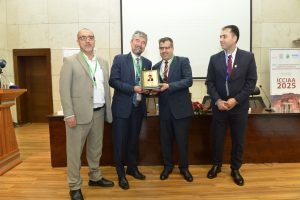
Hadi expressed his pride in hosting the conference at Petra University, stating it “brings together a distinguished group of researchers and global experts to discuss the latest developments in AI and enhances the university’s efforts in supporting scientific research and achieving digital transformation.” He said the event aligns with the university’s vision to achieve academic leadership and foster technological innovation.
The conference runs until April 30 and features scientific sessions and specialized workshops covering future trends in AI, cybersecurity, big data analytics, and applications in healthcare, education, and energy.
